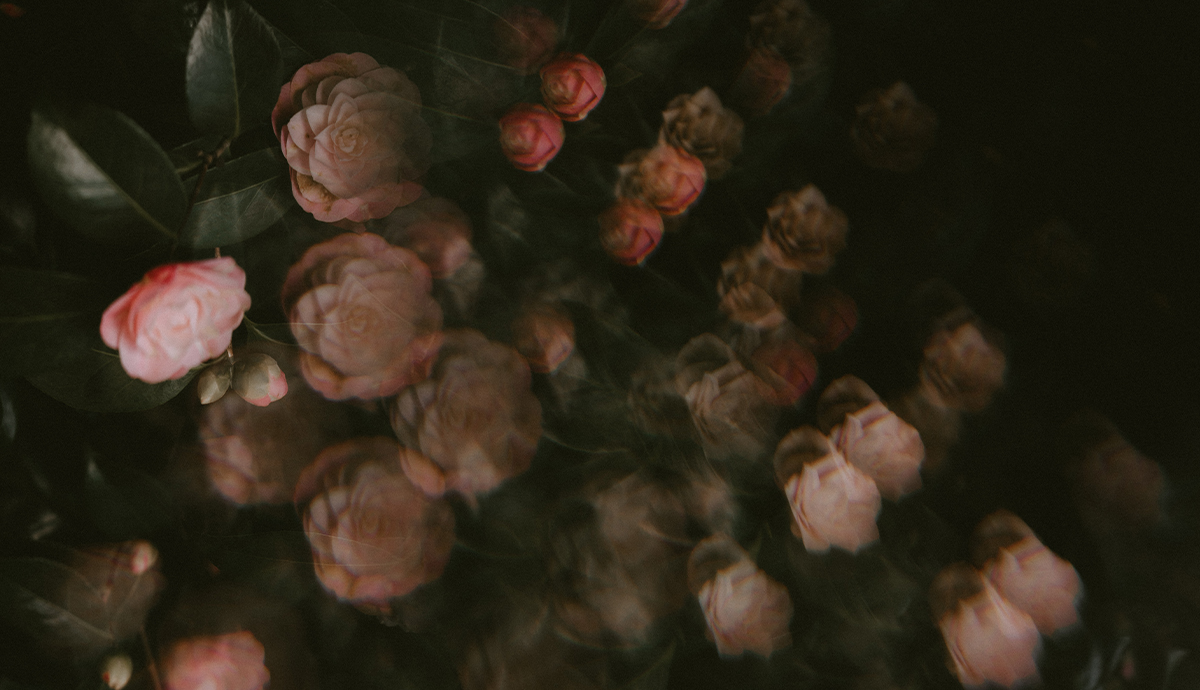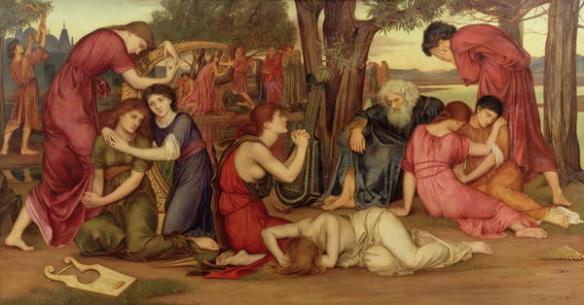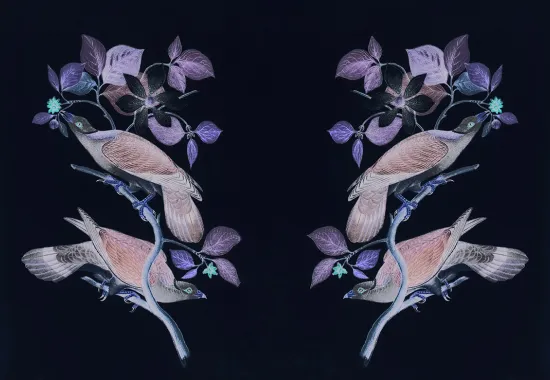Some Notes on “A Psalm” from issue 294.3/4
Revisiting “A Psalm” now, I would say that my poem was interested in language’s corporeality. That the body we inhabit—even when we're apart from those we love—should always be in the forefront when writing poems. It is the body that is displaced, the body that is captive in the Psalters words, the body that rages at its enemies while singing praises to God. What I love about the biblical psalms are the tremendous mix of emotions from disappointment and acknowledgment of defeat to belief in God’s deliverance—all contained within the framework of a psalm. Think of Psalm 137 with the opening lines made famous by Bob Marley. While working on my third collection of poems, I thought a great deal about the psalms and read the wonderful contemporary versions of them in Alicia Ostriker’s The Volcano Sequence. I love, for example, these lines in a sequence simply titled, “psalm”: “my old body lacks teeth, lacks a breast / still cherishes itself // I eat what I want I am.”
And the epigraph? The poem’s earliest draft harkens back to my fascination with the prose and poetry of Rainer Maria Rilke. When I traveled to Kyoto and lived there for a couple of months, I began rereading The Notebooks of Malte Laurids Brigge. I was on my first sabbatical and I couldn’t imagine a better companion than Rilke’s prose while I was traveling alone. His speaker, a 28 year-old Danish man living in Paris, was interested in seeing. Seeing in this case as a directive for making art. As Rilke suggests, one must look at a made thing as one would reflect on its inception “from inspiration to embarrassment.” And so when I began writing “A Psalm,” I started making a list of things I saw on my long walks in Kyoto. It wasn’t until I came across this fragment Rilke wrote:
Rose, oh pure contradiction, joy
of being No-one’s sleep under so many
lids
that I realized I could anchor the text of my poem with a line from Rilke’s enigmatic poem. I love the compactness of his poem and how the rose, this joy, could be both singular and many, both present and absent. Seeing for me therefore is not only looking at things for rawness and complexity, but also forging a deeper relationship with language.
I like to believe that the poems we write are often in conversation with other poems and other poets. Sometimes the poem we are reading takes us way back to an ongoing conversation with God as in the tradition of the psalm. At the risk of sounding sentimental, I wanted to end my poem on a hopeful note for our small blessings acknowledging that the cycle of life continues just as poetry endures.
Eugene Gloria received the 2013 Anisfield-Wolf Book Award for his poetry collection My Favorite Warlord (Penguin 2012). His previous books are Hoodlum Birds (Penguin 2006) and Drivers at the Short-Time Motel (Penguin 2000), which was a National Poetry Series selection. His recent works have appeared or are forthcoming in Memorious, Shenandoah, TriQuarterly, and the Best American Poetry 2014. He is currently a professor of English at DePauw University in Greencastle, Indiana. “A Psalm,”North American Review, (May-August 2009).
Illustration by: Evelyn de Morgan, "By the waters of Babylon", Psalm 137, Preraphaelite oil painting.
Recommended
The Shirt
After Hearing David Rothenberg Sang with Birds
Frothing Pink Poodle Droppings






